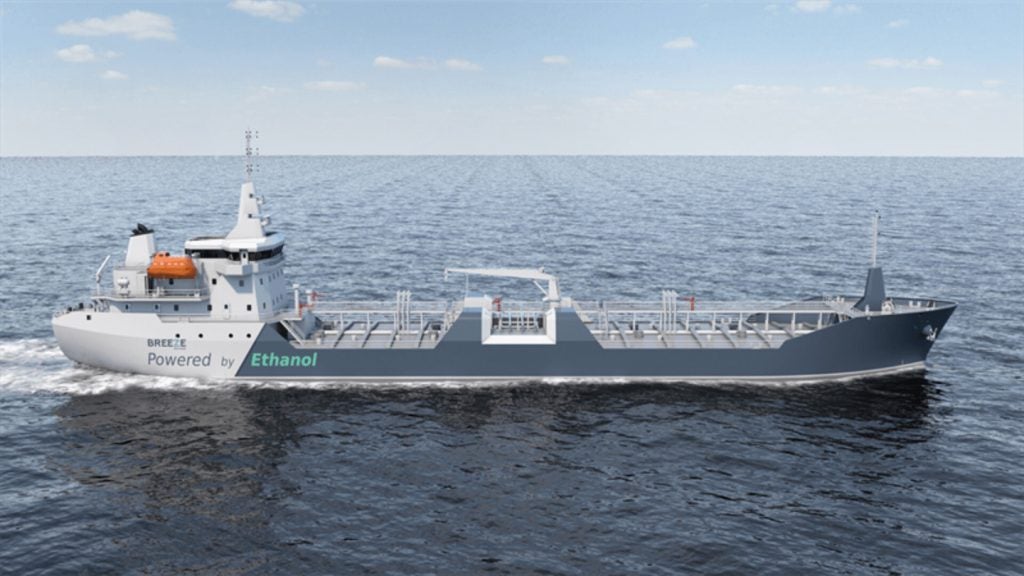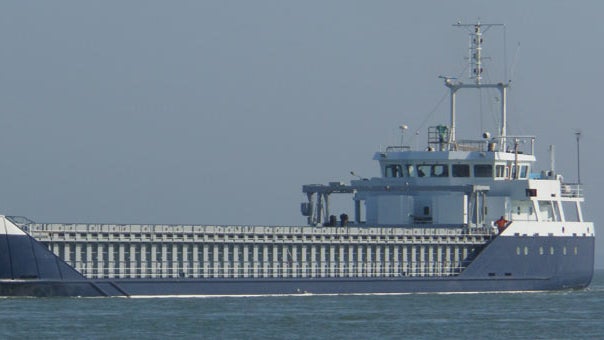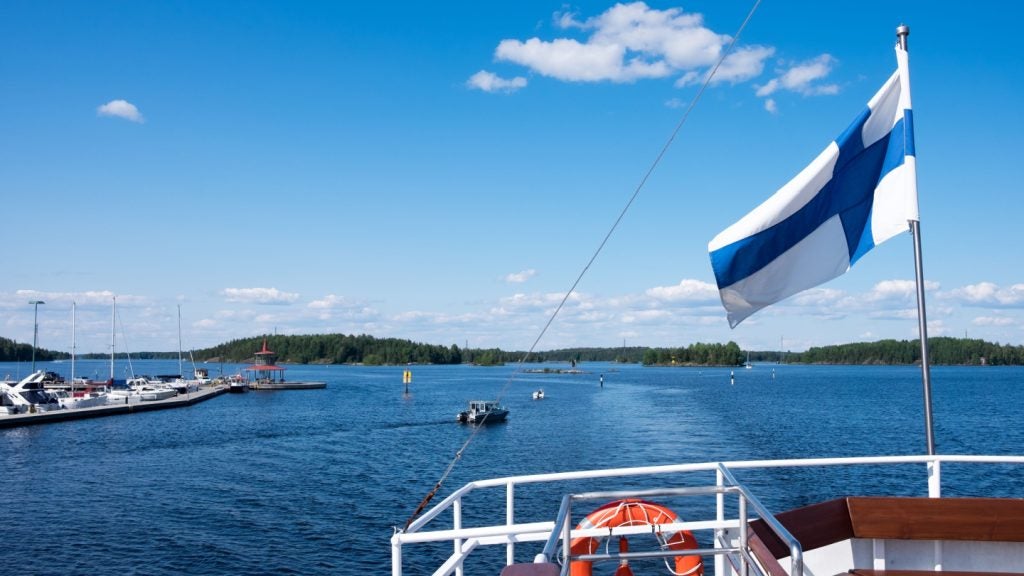Brazilian energy company Raízen has signed an agreement with maritime manufacturing company Wärtsilä to use its decarbonisation modelling services as it looks to introduce ethanol as a marine fuel for its operations.
The manufacturer will perform tests with ethanol in one of its sustainable fuel laboratory engines as well as identify decarbonisation solutions for the company and deploy them to the involved ship designers and owners.
Raízen vice president of trading Paulo Neves said: “Ethanol is a promising marine fuel that is readily available now. By working with Wärtsilä, we hope to support the marine sector global decarbonisation efforts, with ethanol being a viable contributor towards a portfolio of low-carbon solutions for this sector.”
Wärtsilä’s work with Raízen will cover both new builds and existing operation upgrade plans with a plan to implement the decarbonisation plan fleet-wide, potentially reducing CO₂ emissions by up to 80% through the use of ethanol.
Stefan Nysjö, vice president of power supply for Wärtsilä Marine Power, said: “At Wärtsilä, we are investing heavily in the development of technologies, engines and solutions aimed for low and zero-carbon marine fuels.
“This agreement with Raízen, a company committed to supporting the sector’s decarbonisation, is yet another example of how we seek ways to enable the journey towards a decarbonised future.”
The agreement isn’t the first for Wärtsilä to focus on ethanol as a fuel substitute, with the manufacturer previously signing a similar agreement with Companhia Brasileira de Offshore (CBO), another Brazil-based company.
Wärtsilä’s decarbonisation modelling service assists shipowners and other maritime companies with complying with regulations such as the Energy Efficiency Index for Existing Ships and the Carbon Intensity Indicator as they seek to achieve the industry-wide target of reaching net zero greenhouse gas emissions by 2050.
The company will also conduct feasibility studies to find out the best use of a company’s resources to align with its net zero and sustainability goals.















